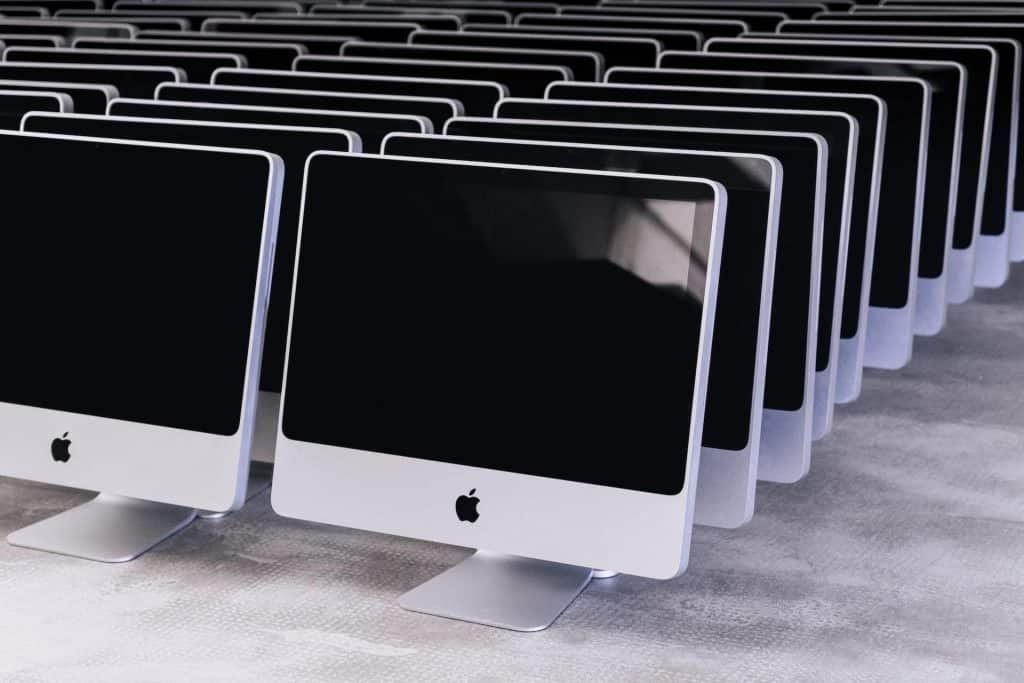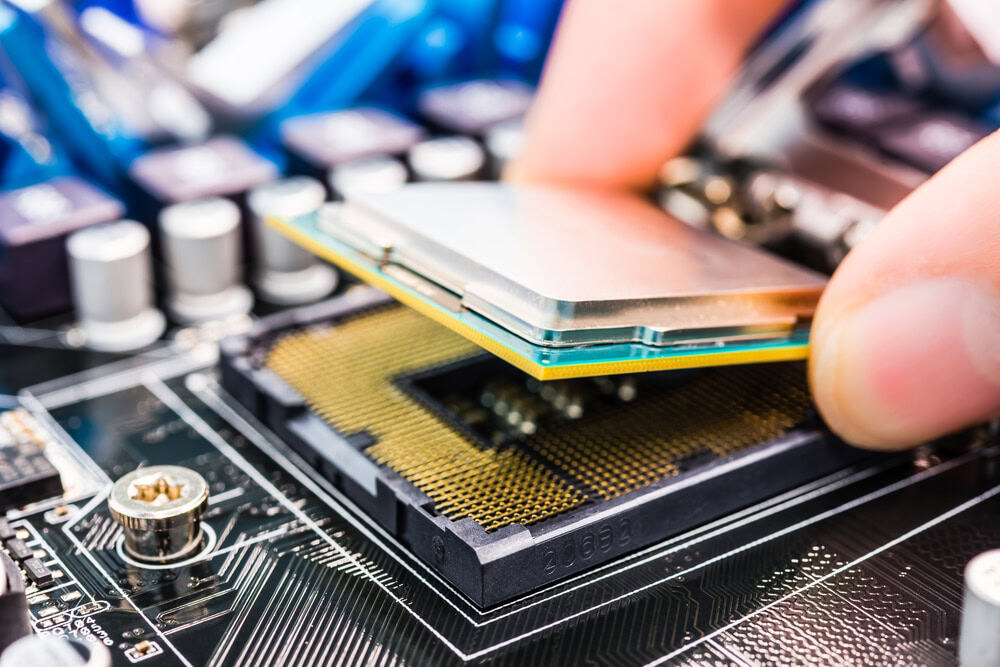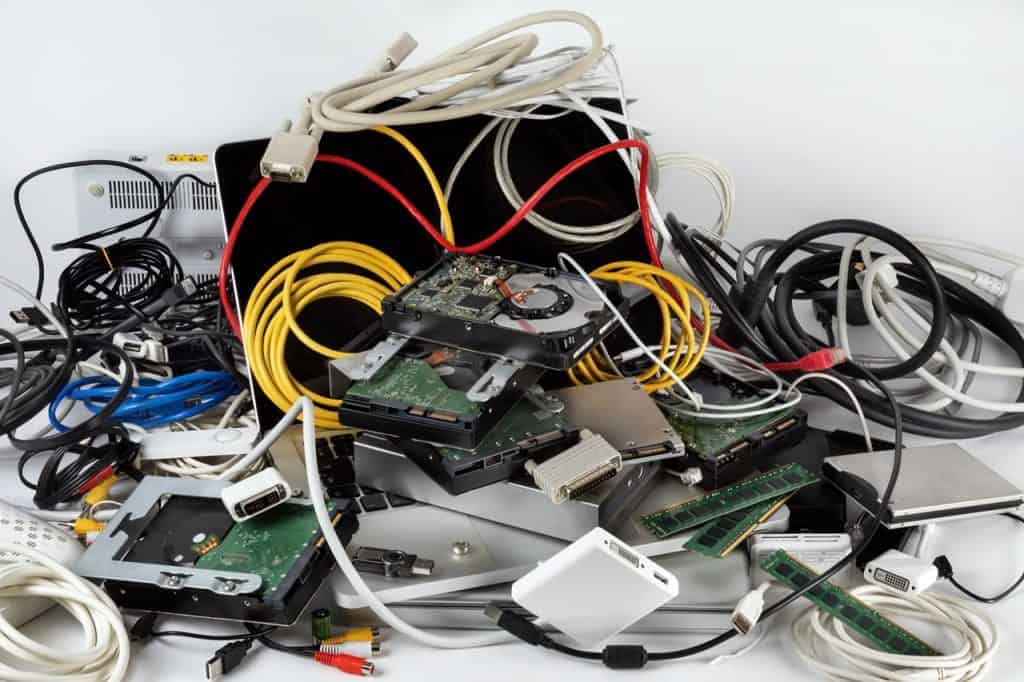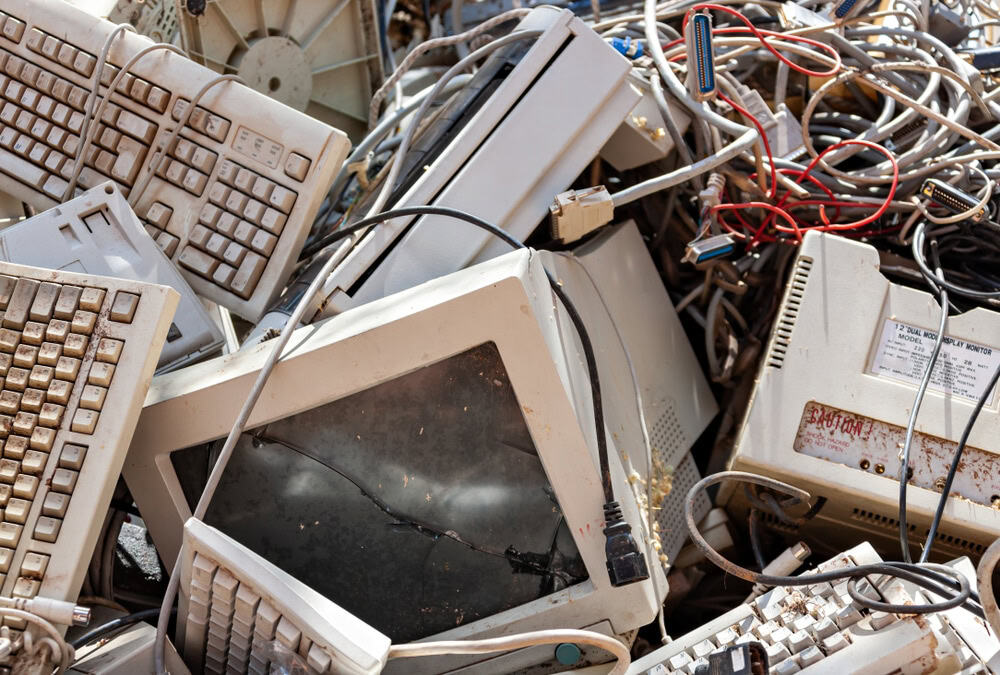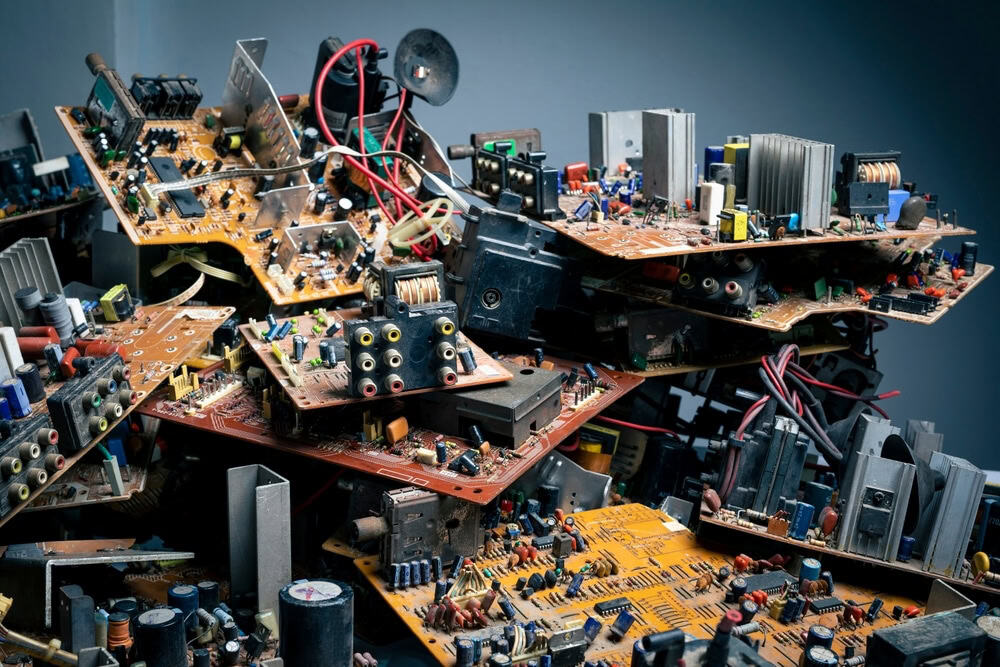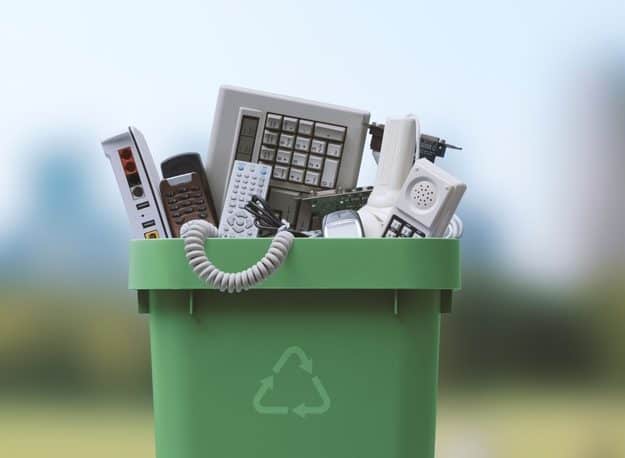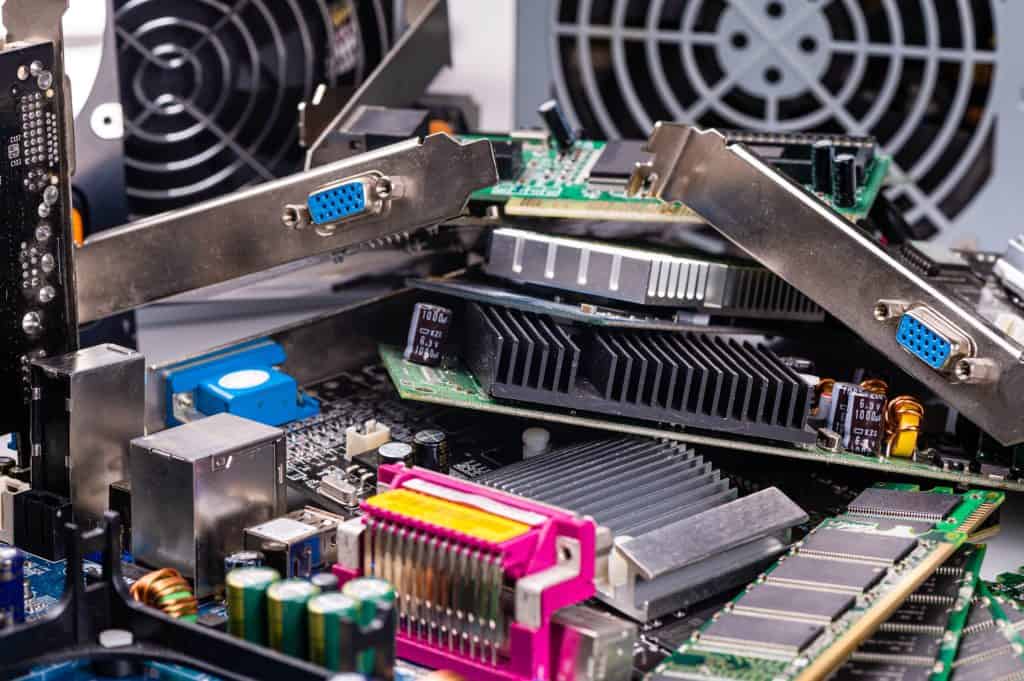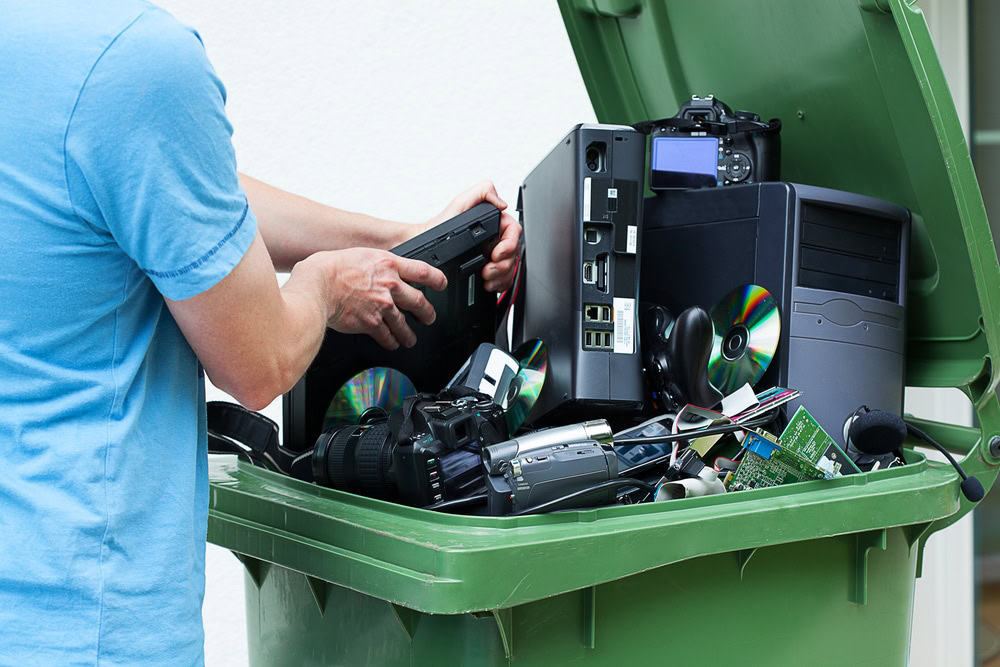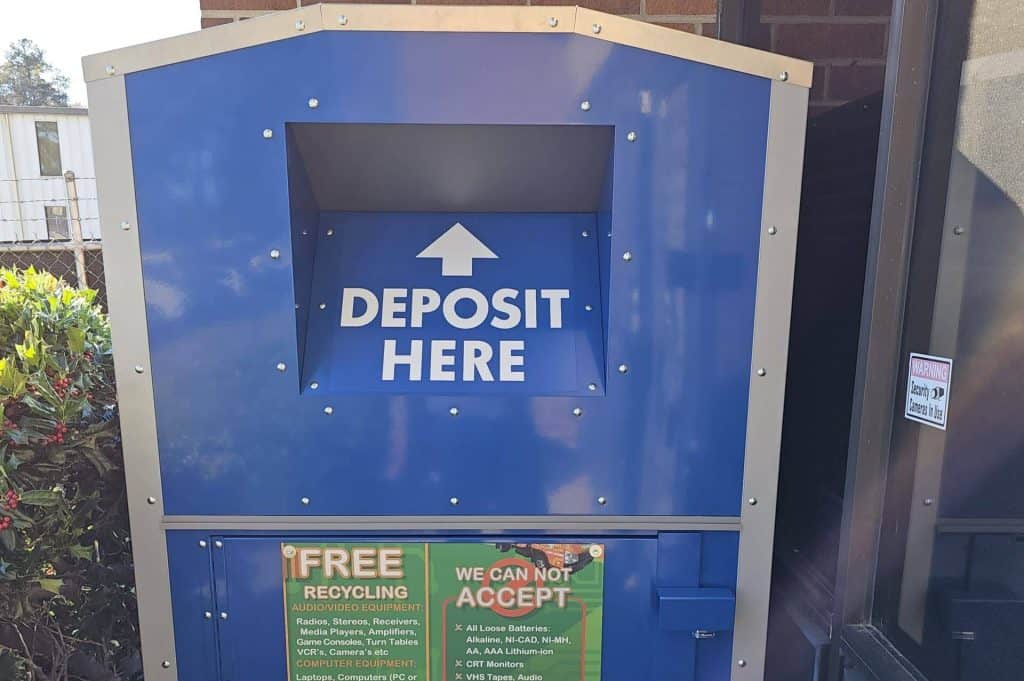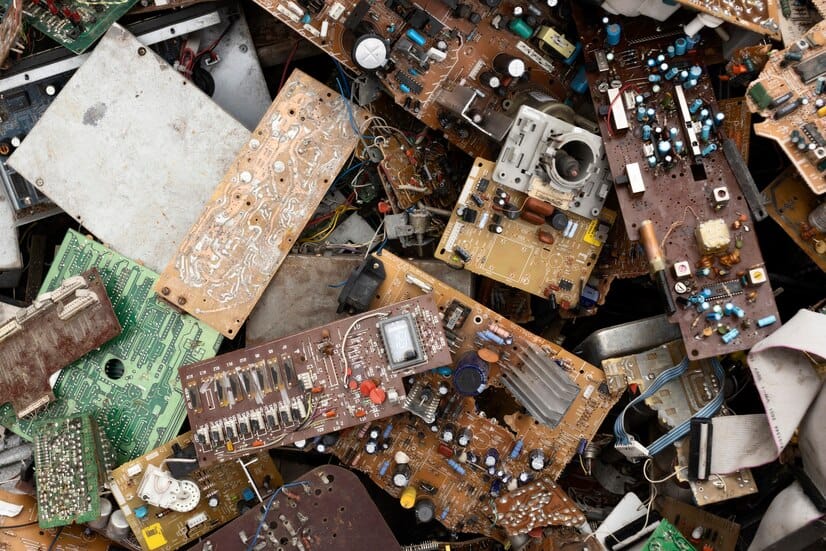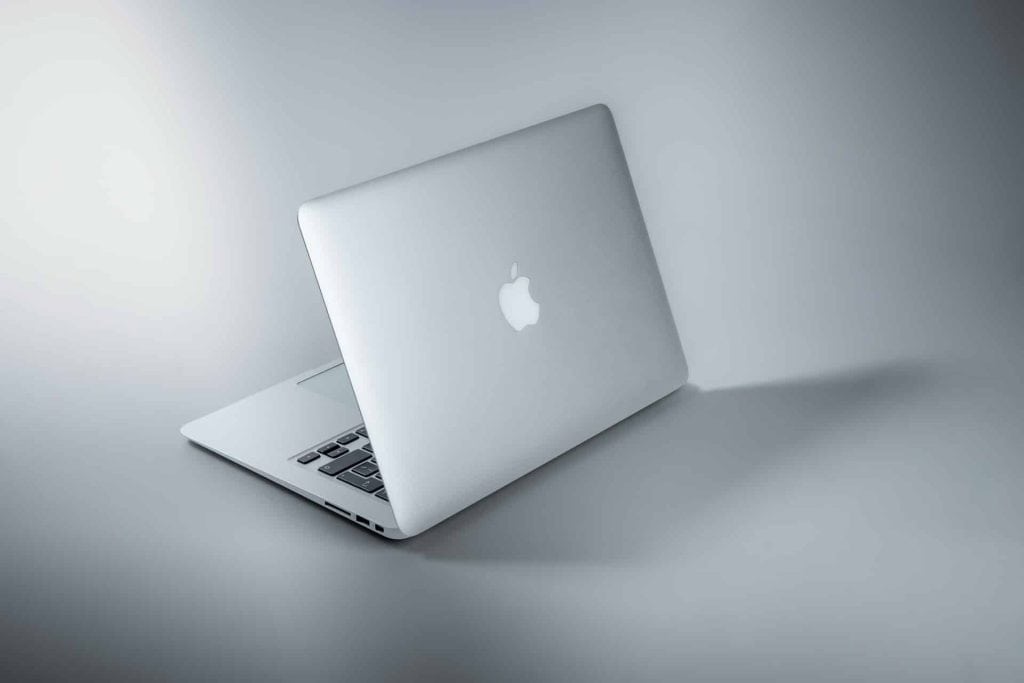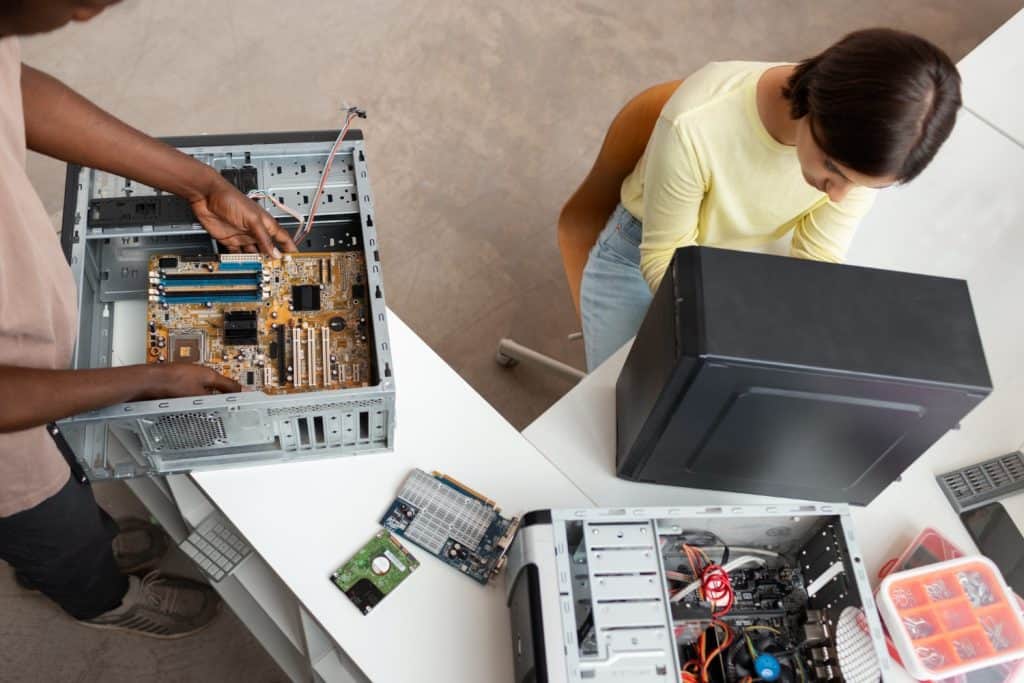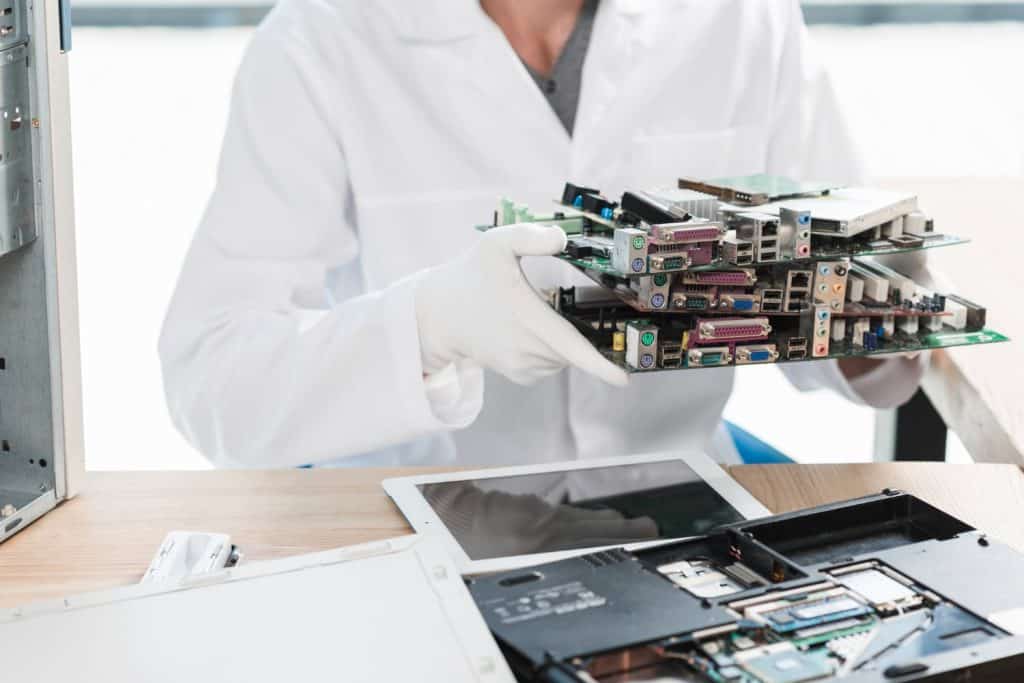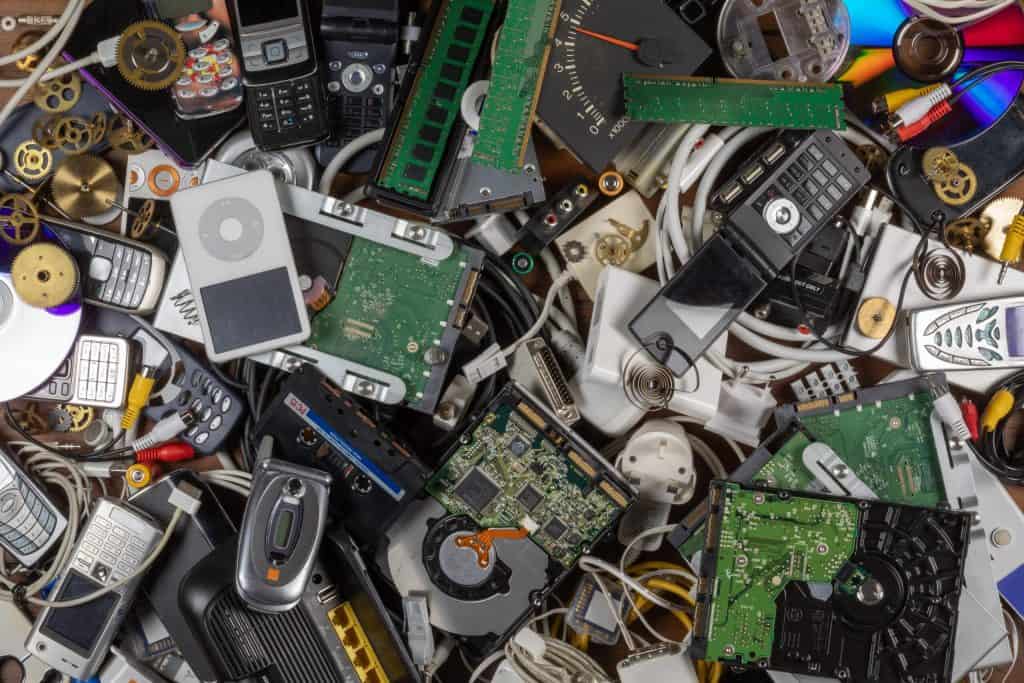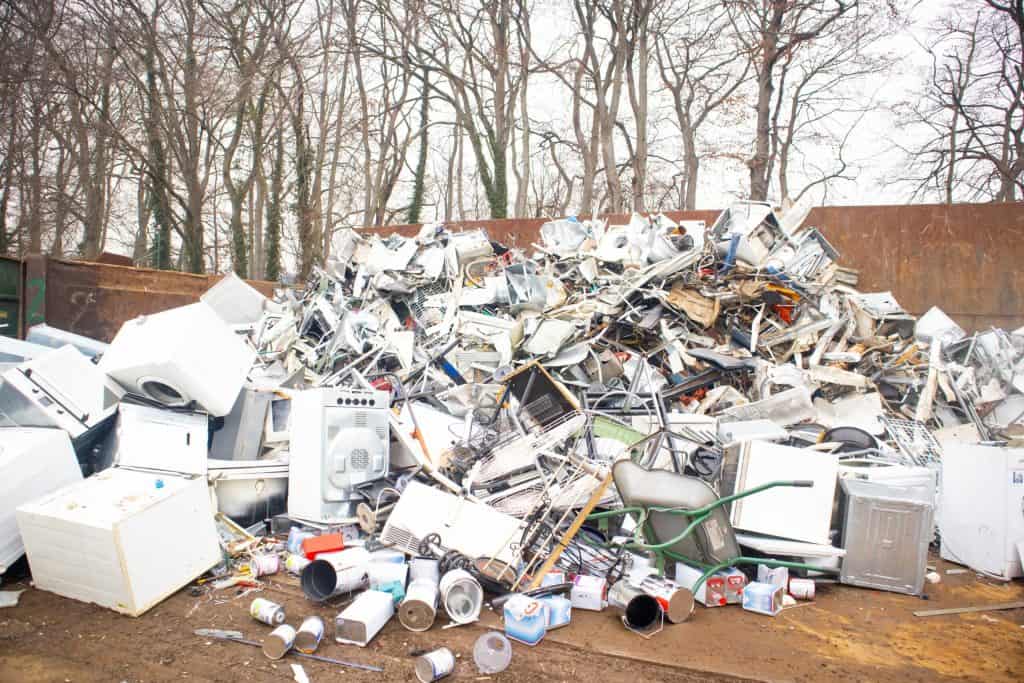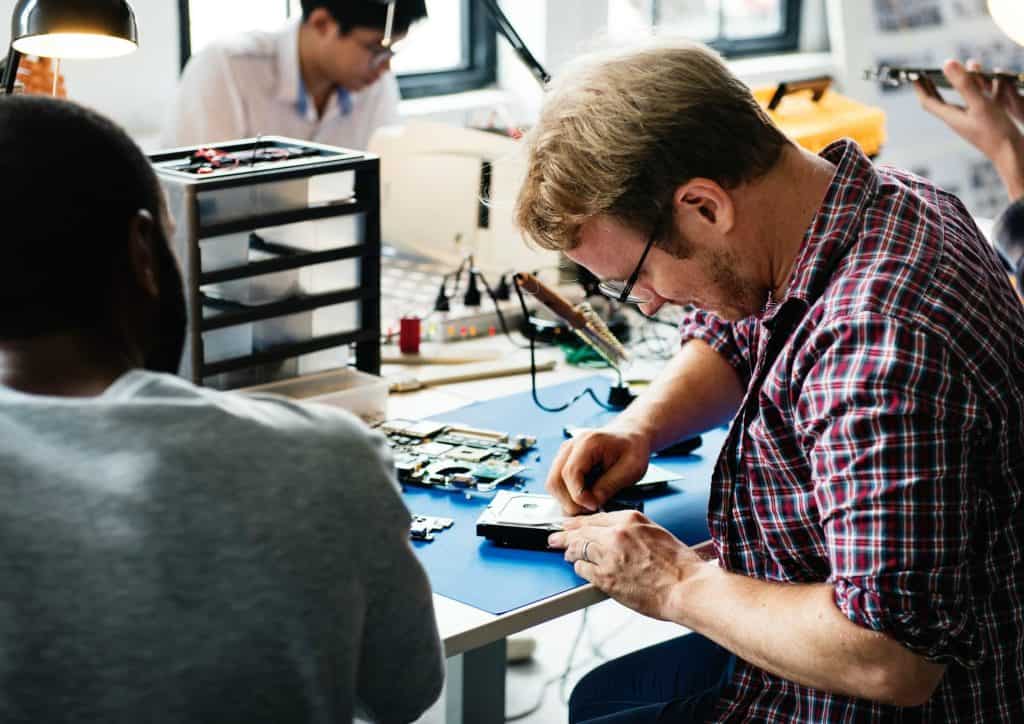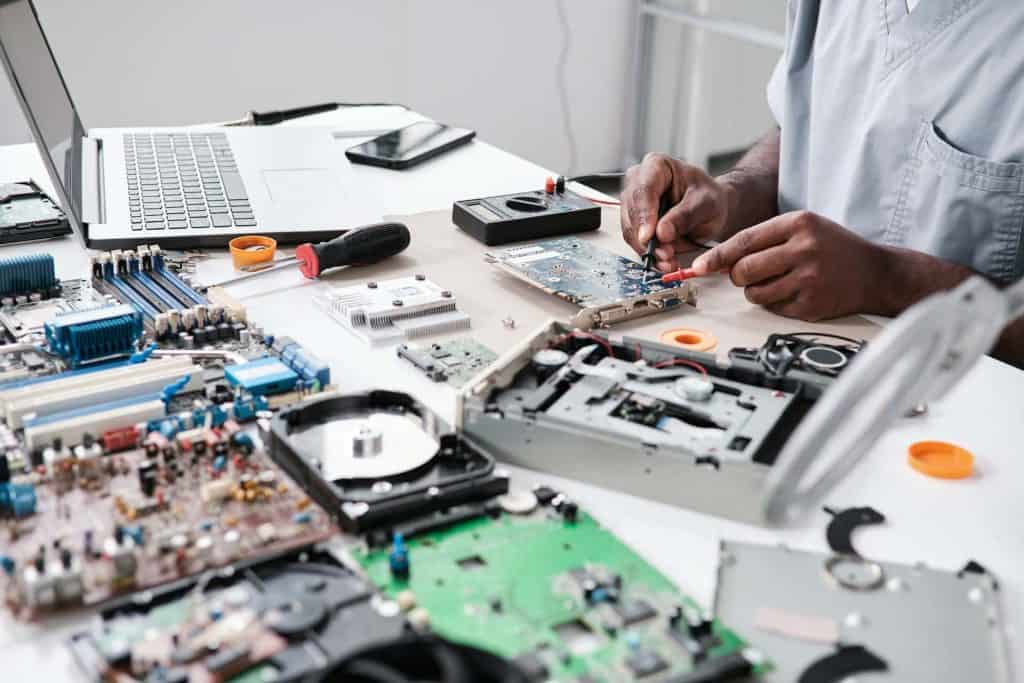As technology advances, it’s not uncommon for people to upgrade their electronics frequently. However, disposing of old electronics can be a challenge. These devices contain hazardous materials, and if they’re not disposed of properly, they can harm the environment and human health. Recycling your electronics is a responsible and sustainable way to dispose of them. In this guide, we’ll walk you through recycling your electronics for good.
Why Is It Important to Recycle Electronics?
Electronic devices such as computers, smartphones, and televisions contain toxic materials like lead, cadmium, and mercury. These materials can seep into the soil and groundwater if they’re not disposed of properly, polluting the environment and posing a risk to human health. Recycling electronics helps to avoid these hazards.
Recycling electronics also conserves natural resources. Many materials used in electronics, such as gold, silver, and copper, can be extracted and reused. Recycling electronics reduces the need for mining and the associated environmental impacts.
Where Can You Recycle Your Electronics?
Many cities and towns have electronic recycling programs. Check with your local government or waste management authority to see if they offer a program. Some retailers also offer recycling programs. For example, Best Buy accepts a wide range of electronics for recycling, including televisions, computers, and cell phones.
If you can’t find a recycling program in your area, there are online resources that can help. The Environmental Protection Agency’s website has a list of electronics recyclers that are certified by third-party organizations.
What Electronics Can Be Recycled?
A wide range of electronics can be recycled. Some common examples include:
- Computers and laptops
- Cell phones and tablets
- Televisions
- Printers and scanners
- Cameras
- Game consoles
- Small appliances like toasters and coffee makers
Before you recycle any electronics, it’s important to erase all personal data from them. This helps to protect your privacy and prevent identity theft. Most electronics have a factory reset option to erase all data.
How Do You Prepare Electronics for Recycling?
Before you recycle your electronics, there are a few steps you should take to prepare them:
- Remove Any Personal Data. As mentioned, it’s important to erase all personal data from your electronics before recycling them. This includes photos, videos, and documents.
- Remove Batteries. Many electronics contain rechargeable batteries that can be recycled separately. Check with your local recycling program or the battery manufacturer to see if they offer a recycling program.
- Remove Ink and Toner Cartridges. Printers and other devices that use ink or toner cartridges should have the cartridges removed before recycling. These can be recycled separately.
- Check for Hazardous Materials. Some electronics, such as old televisions and computer monitors, contain hazardous materials like lead and mercury. If you’re unsure whether your electronics contain hazardous materials, check with your local recycling program.
- Pack Your Electronics Carefully. When you’re ready to recycle your electronics, pack them carefully to prevent damage during transport.
What Happens to Recycled Electronics?
When electronics are recycled, they’re broken down into their component parts. These parts are then sorted and processed to extract valuable materials like gold, silver, and copper. These materials can be reused in new electronics or other products.
Recycling also helps prevent hazardous materials from ending up in landfills or being released into the environment. By recycling electronics, we can reduce the amount of waste in landfills and prevent pollution.
Recycle Your Electronics for a Sustainable Future
Recycling your electronics is an important step in creating a sustainable future. By doing so, you’re helping to conserve natural resources, prevent pollution, and reduce the amount of waste in landfills. Remember to erase all personal data from your electronics before recycling them, and check with your local recycling program to see what they accept. With a little effort, we can all do our part to recycle electronics for good.
ReWorx Recycling has been providing companies with environmentally friendly disposal solutions for end-of-life and surplus computer equipment for well over a decade. We recycle computers, fax machines, ink and toner cartridges, laser printers, inkjet printers, and external hard drives, and we ensure that these items never end up in a landfill. We also recycle laptops, networking equipment, switches, telecom equipment, and cell phones and batteries. So if you need electronics recycling in Atlanta, get in touch with us to schedule a pickup today!

